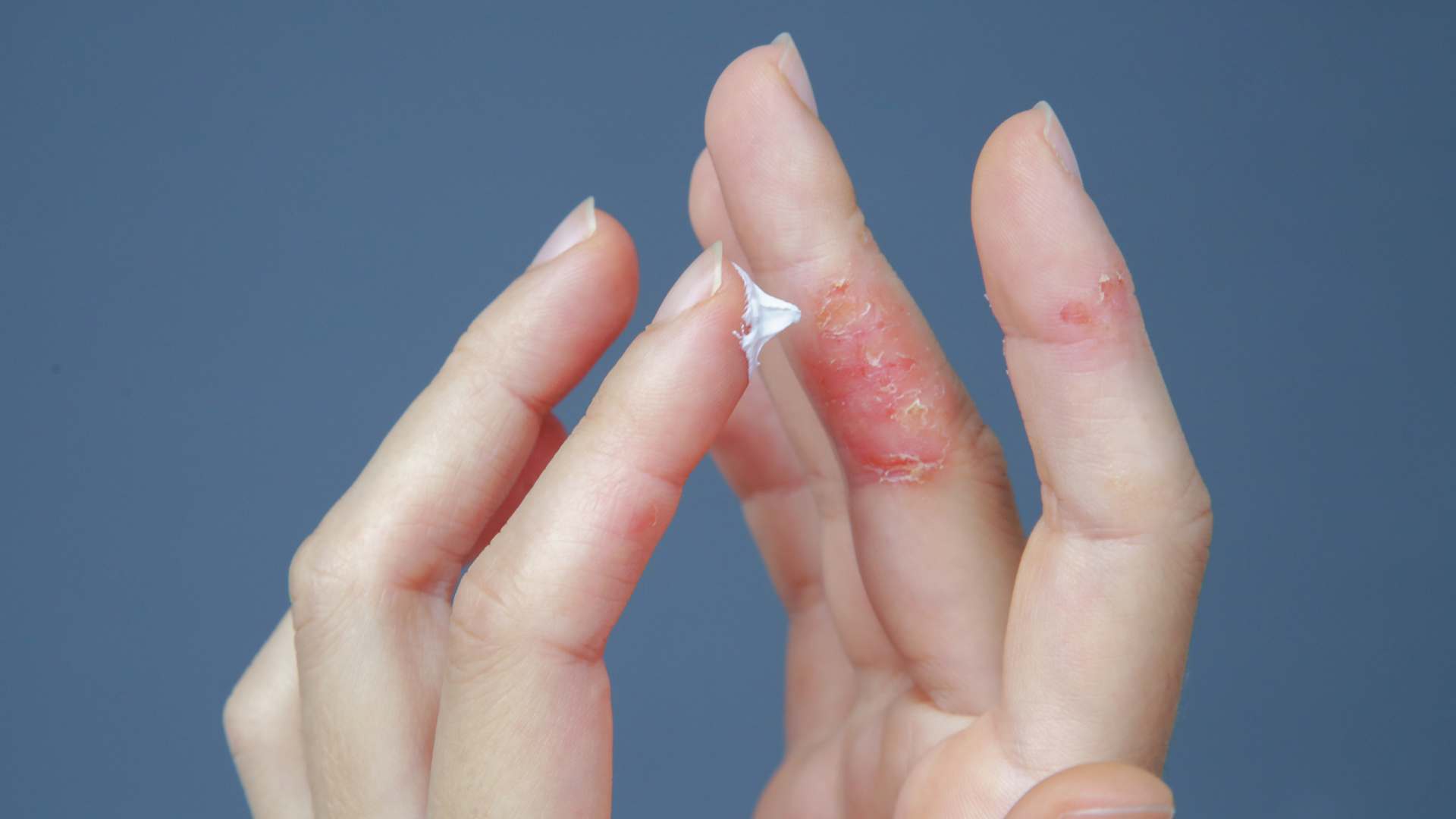Treat your Eczema at our Harley Street Clinic – Dermatologist Consultation £169
Eczema or dermatitis is inflammation of the skin – it can affect all ages and all areas of the body including the scalp. Eczema can be very itchy, uncomfortable and sometimes embarrassing. At Harley Street Healthcare, our London dermatologists have a wealth of experience in treating eczema and difficult to treat dermatitis including eczema in children.

“As a life long eczema sufferer I felt that there was no point in seeing any more doctors. After a lot of persuading by my friend who visited Harley Street Healthcare for his skin condition I decided to take the plunge and see what could be done with mine. I was prescribed a concoction of medications and given a treatment plan which cleared my skin faster than I could believe it. My skin is now clear and I only need to use the medication when the odd patch of eczema arises. I can’t thank the team enough.”
P.Z Paddington, London
Our London Dermatologists are highly skilled in treating eczema in adults and children. Our dermatologists provide treatment regimes that are based on results. Many of our clients have been amazed at the response of our eczema treatments and are often surprised that their eczema clears up so well. If you would like to discuss how to effectively clear your eczema, call our clinic on 0207 030 3370.
Types of Eczema
Atopic eczema – Very common in children linked with hay fever and asthma. One out of five children born in the UK suffers from eczema. Atopic eczema can cause lack of sleep, tiredness, slows growth and irritability. It can be very itchy and can appear on the face in babies and elbows and knees in older children. Atopic eczema may improve with age but often continues into adulthood.
Harley Street Healthcare – London dermatology clinics tip: Apply moisturiser to prevent the drying of skin. Bathe regularly in lukewarm, salt water.
Contact dermatitis – This is caused by an allergic reaction when skin comes into contact with chemicals such as metals in jewelry, perfume fragrances, chemicals in hair dye and preservatives in cosmetic creams. People may become allergic to the products that they have been using for years and remain allergic from that point onwards. In case of unexplained eczema at certain sites, patch testing can be used to identify the cause.
Irritant contact eczema – This eczema occurs when the chemical in soaps and disinfectants come in contact too often with the skin – common in people who wash their hands frequently including hairdressers, chefs and health care workers. It is not actually an allergic reaction, but it is the irritation that is being caused due to the loss of natural oils from the skin.
Lichen simplex chronicus – It starts with something that rubs or irritates the skin such as fabric. As a person scratches more on the affected area, the skin tends to thicken more. The more thick it gets, the more it itches. It may spread rapidly on other body parts if the person keeps scratching.
Pompholyx/Dyshydrotic eczema – This eczema develops small itchy blisters under the skin on hands and feet. This might be related to sweating, and it occurs mostly in young adults. It is aggravated when the spot comes in contact with irritants such as soap water or detergent.
Drug-induced eczema – Any of the above eczema that occurs because of the side effects of the medications
Asteatotic eczema – Eczema develops when the skin becomes dry and cracked with age. Affects lower legs and underarms. It is common in elderly patients.
Eczema Treatment London
The treatments for eczema can be divided into three basic categories based on the severity: creams, systemic medication and phototherapy.
Creams include steroids, emollients and soap substitutes. Emollients should be applied regularly to keep the skin soft. Topical steroids should be applied at night to reduce inflammation and itching sensation.

Systemic medications may require monitoring using blood tests and should only be taken under the supervision of an experienced dermatologist.
Call us now to book an appointment with one of our consultant dermatologists today.

